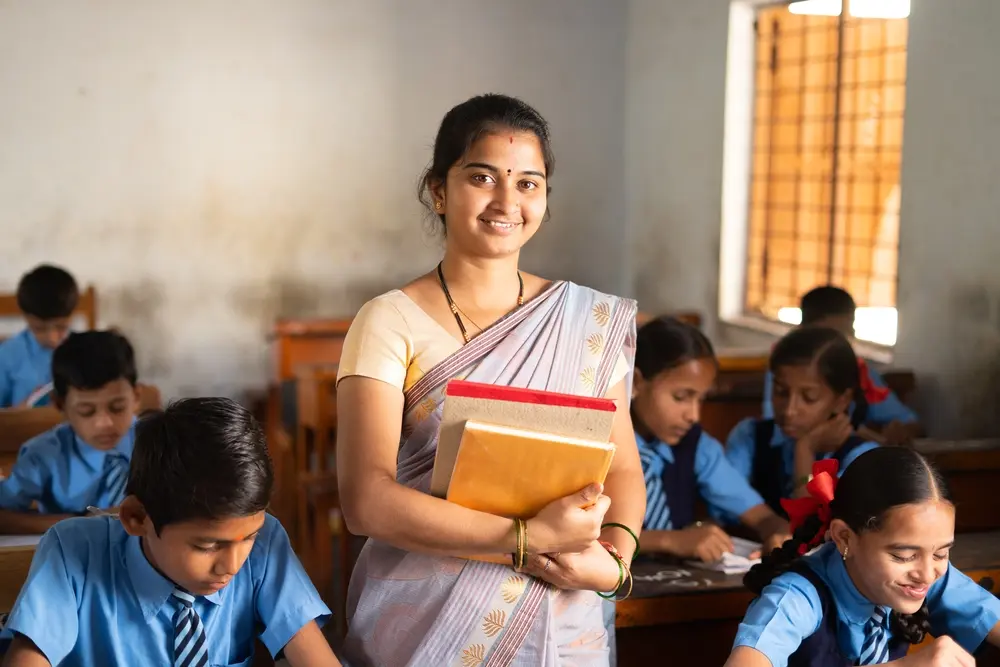The News Freedom
New Delhi, January 29
In a groundbreaking move with profound societal and economic implications, the Centre government has ushered in a transformative change by empowering female government employees and pensioners with the discretion to select their child or children as beneficiaries for family pension. This departure from the longstanding norm of automatically designating husbands as recipients of family pensions signifies a monumental shift in the traditional approach to family pension disbursement.
Under the new amendment, female government employees and pensioners now have the authority to nominate their eligible child or children as recipients of the family pension in the event of their demise, superseding the automatic entitlement of the spouse. This adjustment addresses potential scenarios involving marital discord, ongoing divorce proceedings, or cases under domestic violence or dowry prohibition laws.
Previously, family pension rights were exclusively accorded to the spouse, with other family members becoming eligible only upon the cessation of the spouse’s entitlement. This amendment aligns seamlessly with Prime Minister Modi’s overarching vision of fostering equal rights and opportunities for women, extending this commitment across diverse sectors, including the armed forces and Parliament.
The amendment encompasses specific scenarios and provisions to ensure a comprehensive and equitable framework. In instances where a widower has no eligible children, the family pension will still be granted to the widower. If the widower serves as the guardian of a minor or mentally disabled child, the family pension will be disbursed to the widower until the child becomes eligible, at which point it will be directed to the child.
In cases involving a widower and eligible adult children, the family pension will initially be directed to the children. Once all eligible children lose eligibility, the widower will resume receiving the pension until his death or remarriage.
The reform package extends beyond this pivotal change, incorporating additional women-centric provisions. Divorced daughters, whose divorce petition was initiated before their parents’ demise, are now entitled to claim family pension. Furthermore, under the National Pension Scheme (NPS), families of missing employees will receive family pension within six months of filing a First Information Report (FIR), reducing the waiting period from seven years.
For government servants who pass away before completing seven years of service, family pension will be granted at an enhanced rate—50% of the last pay for the first ten years and 30% thereafter. Dr. Jitendra Singh, Union Minister of State for Personnel, Public Grievances, and Pensions, emphasized the government’s unwavering commitment to fostering an enabling environment for working women through a suite of reforms. These encompass heightened representation of women in central government roles, initiatives promoting work-life balance such as child care leave and special allowances, and enhanced support for victims of sexual harassment.
